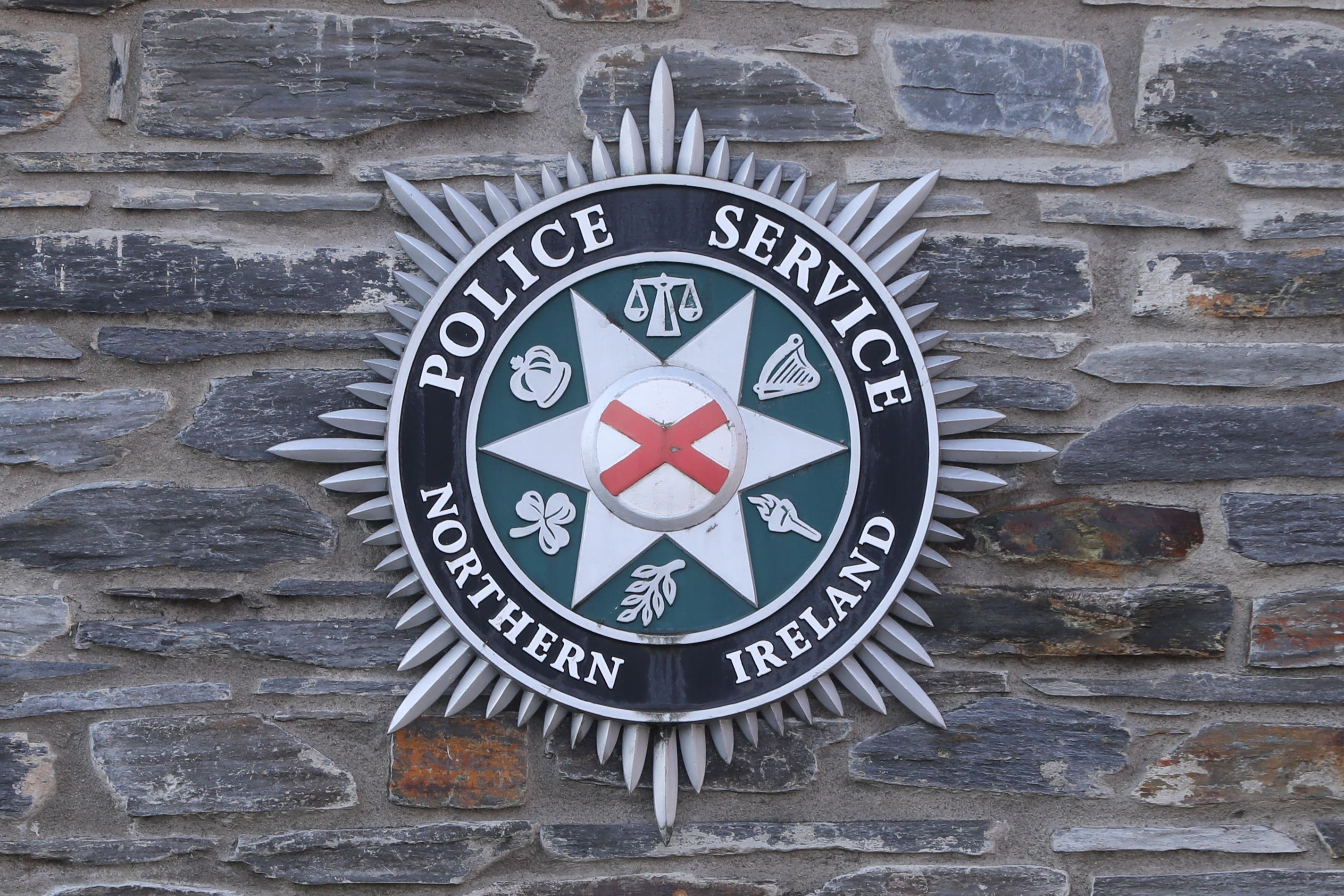My neighbours had to flee their home in Northern Ireland after a data breach
The leak of information about 10,000 police officers in Northern Ireland will put lives at risk. I know from first-hand experience the kind of damage that can be done, writes Kate Devlin


The dangers of the largest ever data leak affecting the police in Northern Ireland cannot be underestimated.
During the three decades of violence known as the Troubles, 302 police officers were killed. Seen as agents of the British state, they were targeted – and even 25 years on from the Good Friday Agreement are still at risk, especially from dissident Republican terrorists.
Earlier this year, a top policeman was attacked and left for dead at a sports centre in Omagh as he packed up after coaching a youth football team. He was shot multiple times by armed men in front of his son, who had been helping him load balls into the boot of his car.
Around the same time, police officers were warned that their relatives were being treated as so-called “legitimate targets”.
Into such a dangerous atmosphere the data breach has put details of every police officer in Northern Ireland – all 10,000 of them. It is no exaggeration to say it has put people’s lives at risk.
The information contained in the breach is the kind that is useful to terrorists. As well as names and ranks, it includes roles and departments in which officers work – including intelligence. There were also details of 40 staff based with MI5.
In a boon to terrorists, there was information about their places of work, including airports and ports, helping to fill in details about where they could be expected to be at different times of the day.
The potential ramifications cannot be overstated. This is the kind of breach that can affect whole families – even entire communities.
I should know. I’m from a market town in Northern Ireland and a family I know was the victim of a previous data breach. The father, a man in his late 40s at the time, was a prison officer – again, a job viewed by Republican terrorists as upholding the British state in Ireland.
His details were on a list that the police feared had gotten into the wrong hands. He was warned about his own safety. And so, he and his family fled their home under cover of darkness.
Overnight their house – where they had lived quietly, happily and safely for years – was simply empty. It stayed that way for months, until eventually another family moved in. The reason for their disappearance was kept very quiet, and we did not find out the true reason for years – until members of the family felt safe enough to visit some of their old haunts again.
I cannot imagine the fear they must have endured, or the difficulties that go in to making such a decision. At the time they had two teenage children, both enrolled in local schools. Entire lives ripped up, just for doing your job.
Police officers in Northern Ireland already go to huge lengths to protect their identity. Many are advised to live far away from the areas they police, for fear their home addresses will become known to terrorists.
Some don’t tell friends or even members of their own families that they are serving police officers. In part this is to protect their loved ones, removing the chance that they themselves could be targeted or accidentally reveal any details of use to terrorists.
Members of the police in Northern Ireland also take extreme caution with their daily lives. Viewers of BBC hit Blue Lights will be aware of the need to check under their own vehicles every morning for fear of a car bomb.
Other measures are common, including hi-tech security systems.
Even as a teenager doing a paper round during the Troubles, I knew which house was owned by a builder who had been declared a legitimate target – as many were for doing work for the police or the security services. His house was identifiable by its bullet-proof letterbox, designed to stop an attempt on his life if a gunman shot through it.
The one saving grace is that the leak did not contain home addresses. But in a small place, even an unusual surname or first initial can be enough to identify you. Things have changed since the Troubles – but not enough.
Last night, the assistant head of the police service in Northern Ireland said he had written to all his staff “giving them information to help them further protect their own personal security and those around them”. He added: “We will listen to the concerns of all of our colleagues individually and address any concerns that are raised.”
Let’s hope the havoc wreaked by this catastrophic data breach can be limited.






Join our commenting forum
Join thought-provoking conversations, follow other Independent readers and see their replies
0Comments